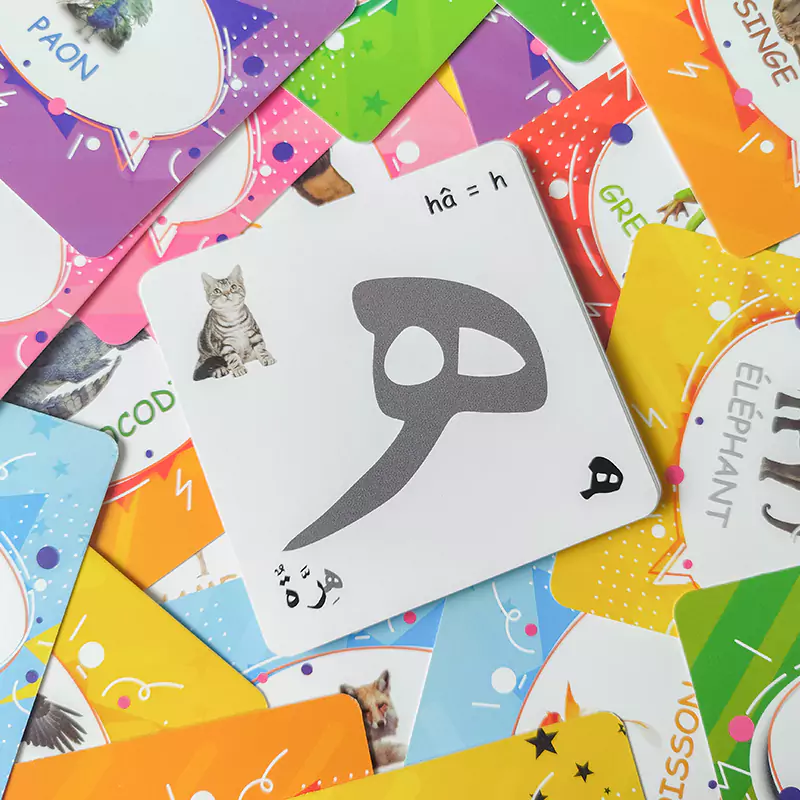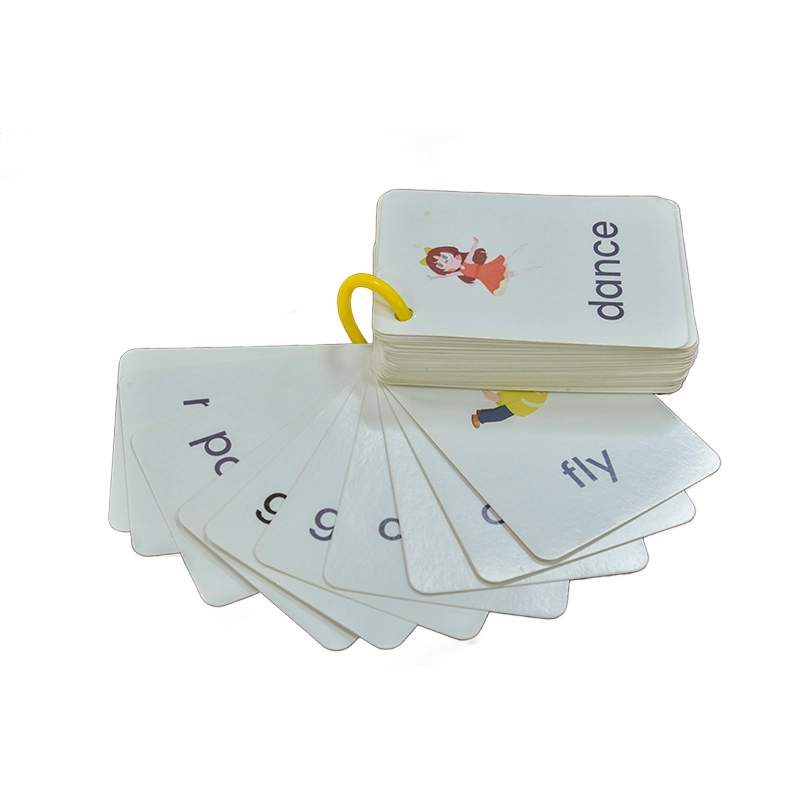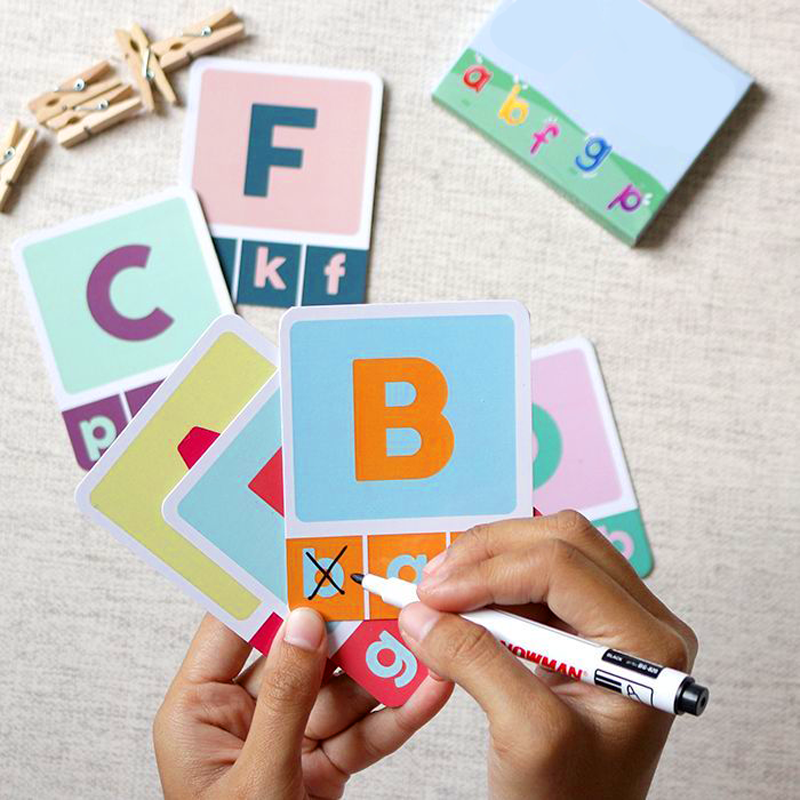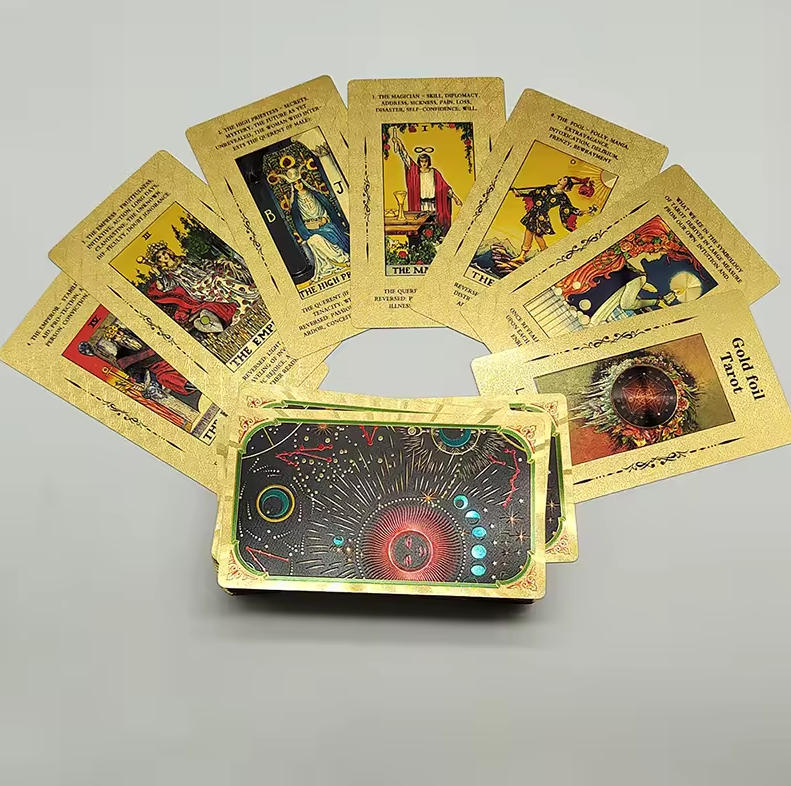
Hey, if you’re diving into the world of custom tarot cards—maybe you’re a collector tweaking your deck for that personal vibe, or perhaps running a small shop selling unique sets—picking the right manufacturer can make or break your project. I’ve chatted with folks who’ve been burned by shoddy prints or endless delays, and trust me, it’s not fun. Custom tarot cards aren’t just about pretty pictures; they’re tools for insight, reflection, or even a bit of fun during a late-night session. But with so many options out there, how do you sift through the noise? This guide breaks down seven essential tips to help you choose wisely. We’ll keep it real, drawing from industry know-how and real-world examples, so you can avoid common pitfalls and get a deck that feels right in your hands.
Tip 1: Prioritize Experience in the Industry
Experience isn’t just a buzzword—it’s your safety net. A manufacturer with years under their belt knows the ins and outs of tarot card production, from handling delicate cardstock to ensuring colors pop without fading.
Why Years Matter More Than Promises
Think about it: tarot cards involve intricate designs, often with symbolic artwork that demands precision. A newbie factory might botch the alignment on your Major Arcana cards, turning The Fool into a blurry mess. On the flip side, a seasoned player has ironed out those kinks. Look for at least 20 years in the game—they’ve likely weathered market shifts, like the boom in spiritual tools during tough times.
Spotting Real Expertise
- Check their portfolio: Have they produced custom decks for clients in Europe or North America? Global reach means they’ve met diverse standards.
- Ask about past hiccups: Every pro has stories. If they share how they fixed a printing error on a 5,000-unit run, that’s gold.
I once knew a guy who ordered from a fresh outfit and ended up with cards that warped in humidity—total disaster for his online store. Stick with veterans, and you’ll sleep better.
Tip 2: Verify Certifications and Quality Checks
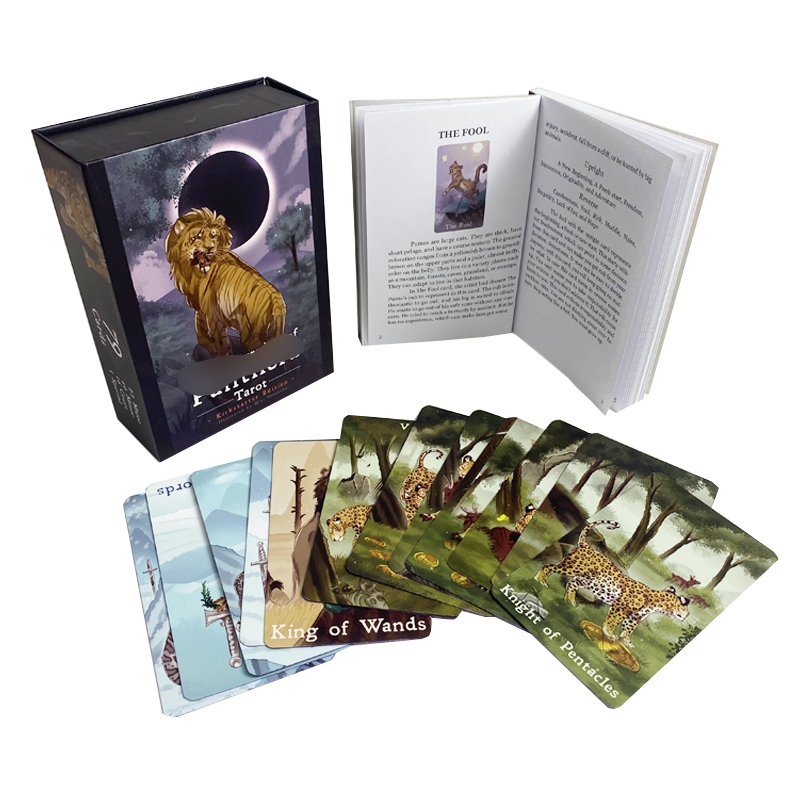
Nobody wants cards that fall apart after a few shuffles. Certifications are your proof that a manufacturer isn’t cutting corners.
Key Certifications to Look For
Quality seals like ISO9001 show they’ve got systems in place for consistent output. For tarot cards, which might end up in kids’ hands or eco-conscious buyers, FSC (for sustainable forestry) is a must. And if they’re passing inspections from big names—think Disney-level audits—you know they’re legit.
| Certification | What It Means for Your Tarot Deck |
| ISO9001 | Ensures every batch meets quality standards, no wonky edges or ink smudges. |
| FSC | Paper from responsible sources—great if your audience cares about the planet. |
| BSCI | Focuses on ethical labor, so you avoid any bad press. |
Beyond the Badges
Don’t just take their word; request proof. A solid manufacturer will share audit reports. And hey, if they’re SEDEX-approved, that covers social accountability—important in today’s world where buyers scrutinize everything.
Picture this: You’re at a tarot reading circle, and your custom deck starts peeling. Embarrassing, right? Certifications prevent that nightmare.
Tip 3: Explore Customization Options Thoroughly
Custom tarot cards are all about personalization. The right manufacturer lets you tweak everything from size to finish.
From Basics to Bells and Whistles
Standard tarot decks are around 2.75 x 4.75 inches, but maybe you want oversized for dramatic readings or mini for portability. Materials? Go for 300gsm cardstock for durability—anything less feels cheap. Printing options include full-color CMYK with spot UV for that glossy pop on symbols like the Moon card.
- Edges: Gilded for luxury or plain for affordability.
- Packaging: Tuck boxes, magnetic closures, or even custom booklets.
- Extras: Add oracle cards or instruction inserts.
A good supplier offers proofs—digital first, then physical—so you can catch issues early. I remember tweaking a deck’s border color three times; the flexibility saved the day.
But here’s a side note: Sometimes folks get carried away with options and blow their budget. Keep it focused on what your crowd really wants.
Tip 4: Assess Production Capabilities and Tech
Behind the scenes, tech makes the magic happen. Automated equipment means faster turnaround without sacrificing quality.
Modern Machines for Flawless Results
Look for factories with Heidelberg presses for sharp prints or automatic laminators to prevent bubbling. A 10,000-square-meter workshop isn’t just bragging rights—it means they handle volume, from 500-unit runs to thousands.
Scaling for Your Needs
If you’re starting small, confirm minimum orders—some start at 100 decks. For bigger dreams, ask about capacity: Can they ramp up if your Etsy shop explodes?
Data point: With efficient setups, lead times drop to 10-15 days for mass production. That’s crucial if you’re timing a launch around Halloween or something seasonal.
Yeah, technology evolves fast—I’ve seen old-school printers struggle with metallic inks, turning gold accents into muddy browns. Go modern.
Tip 5: Review Sample Policies and Timelines
Samples are your test drive. Skip this, and you might regret it.
Getting Hands-On Early
Stock samples? Often free, just pay shipping. Custom ones cost a bit but get refunded on big orders. Expect digital proofs in 1-3 days, full samples in 5-7.
- Pro tip: Test for shuffle feel—tarot cards need to glide smoothly.
- Timeline traps: Factor in revisions; rushed jobs lead to errors.
One creator I know ordered blind and got colors way off—wasted time and cash. Always sample.
Tip 6: Gauge Customer Service and Communication
Great products mean nothing without solid support. You want a team that responds, not ghosts you.
Building a Partnership
From inquiry to delivery, clear chats prevent misunderstandings. Look for English-speaking reps if you’re stateside—avoids translation mishaps on design specs.
Red Flags and Green Lights
- Red: Slow replies or vague answers.
- Green: Regular production updates, like photos of your deck in progress.
In the tarot world, where intuition rules, trust your gut on service. A responsive manufacturer feels like a reliable guide.
Oh, and don’t forget feedback loops—post-delivery surveys show they care about improvement.
Tip 7: Balance Pricing with Overall Value
Cheap isn’t always cheerful. Value comes from quality that lasts.
Breaking Down Costs
Factor in everything: Setup fees, per-unit prices (dropping with volume), shipping. For custom tarot, expect $5-10 per deck at 500 units, but confirm.
Long-Term Wins
Higher upfront might mean better materials, reducing returns. Plus, ethical production boosts your brand—buyers love that story.
I’ve seen budgets balloon from hidden fees; always get a full quote. Value trumps rock-bottom prices every time.
Introducing Suba: A Reliable Supplier for Custom Tarot Cards
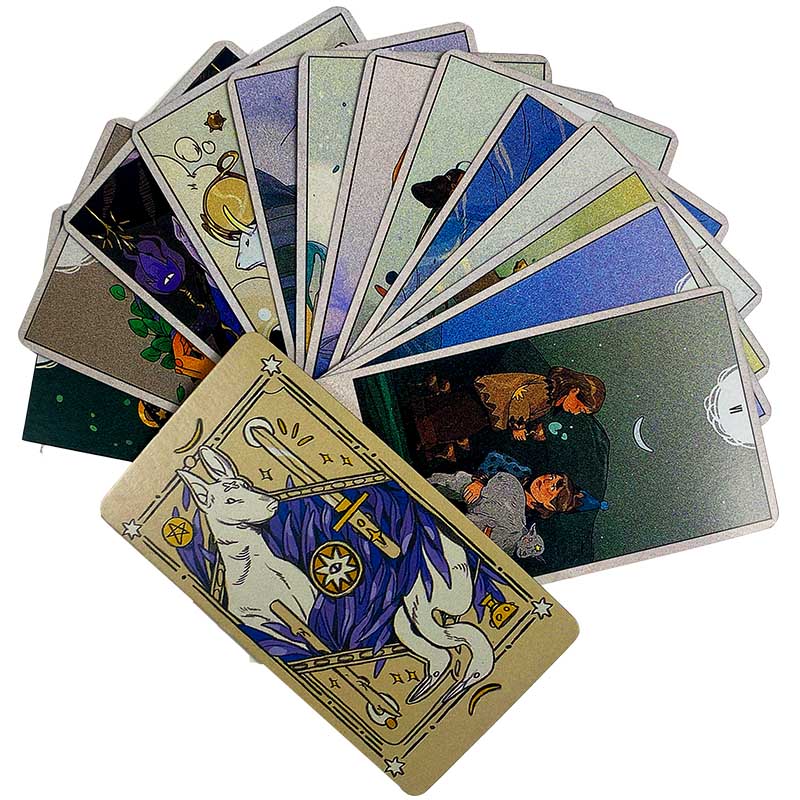
If you’re hunting for a partner that ticks these boxes, consider Suba. With over 20 years cranking out custom tarot cards, board games, and more, they’ve got the chops. Their 10,000-square-meter facility packs automated gear for top-notch prints and packaging. Certifications? They’ve nailed FSC, BSCI, ISO9001, and passed tough inspections like Disney and SEDEX. Suba handles the full ride—from design tweaks to global shipping, mainly to Europe, North America, and Southeast Asia. They’re all about turning your vision into durable, vibrant decks that stand out. No fluff, just solid manufacturing for creators like you.
Conclusion
Wrapping this up, choosing the right manufacturer for custom tarot cards boils down to smart homework—experience, quality, customization, and all that jazz. Follow these 7 must-know tips, and you’ll land a partner that elevates your deck from okay to oracle-worthy. It’s not just about the cards; it’s about crafting something that resonates with your audience, whether for personal readings or selling to fellow enthusiasts. Take your time, ask the tough questions, and you’ll thank yourself later.
FAQs
What are some 7 must-know tips for choosing the right manufacturer for custom tarot cards?
Well, as we covered, focus on experience (aim for 20+ years), certifications like ISO9001, deep customization options, solid production tech, clear sample policies, top-notch customer service, and true value over cheap prices. These keep your project smooth.
How do I know if a manufacturer is reliable for custom tarot cards?
Check their track record—years in business, client reach, and audits. For instance, if they’ve got FSC and BSCI seals, plus passed Disney inspections, that’s a strong sign they’re committed to quality and ethics.
Can I get samples before committing to a full order of custom tarot cards?
Absolutely. Most pros offer free stock samples (you cover shipping) and charge for customs, refundable on bigger buys. It usually takes 5-7 days for finished ones—worth it to test the feel.
What’s the typical lead time when choosing the right manufacturer for custom tarot cards?
Depends on quantity, but 10-15 working days for mass production is standard with efficient setups. Factor in proofs and tweaks to avoid rushes.
Why prioritize certifications in choosing the right manufacturer for custom tarot cards?
They guarantee standards—ISO for quality, FSC for sustainability. It protects your investment and appeals to buyers who care about ethical sourcing.


